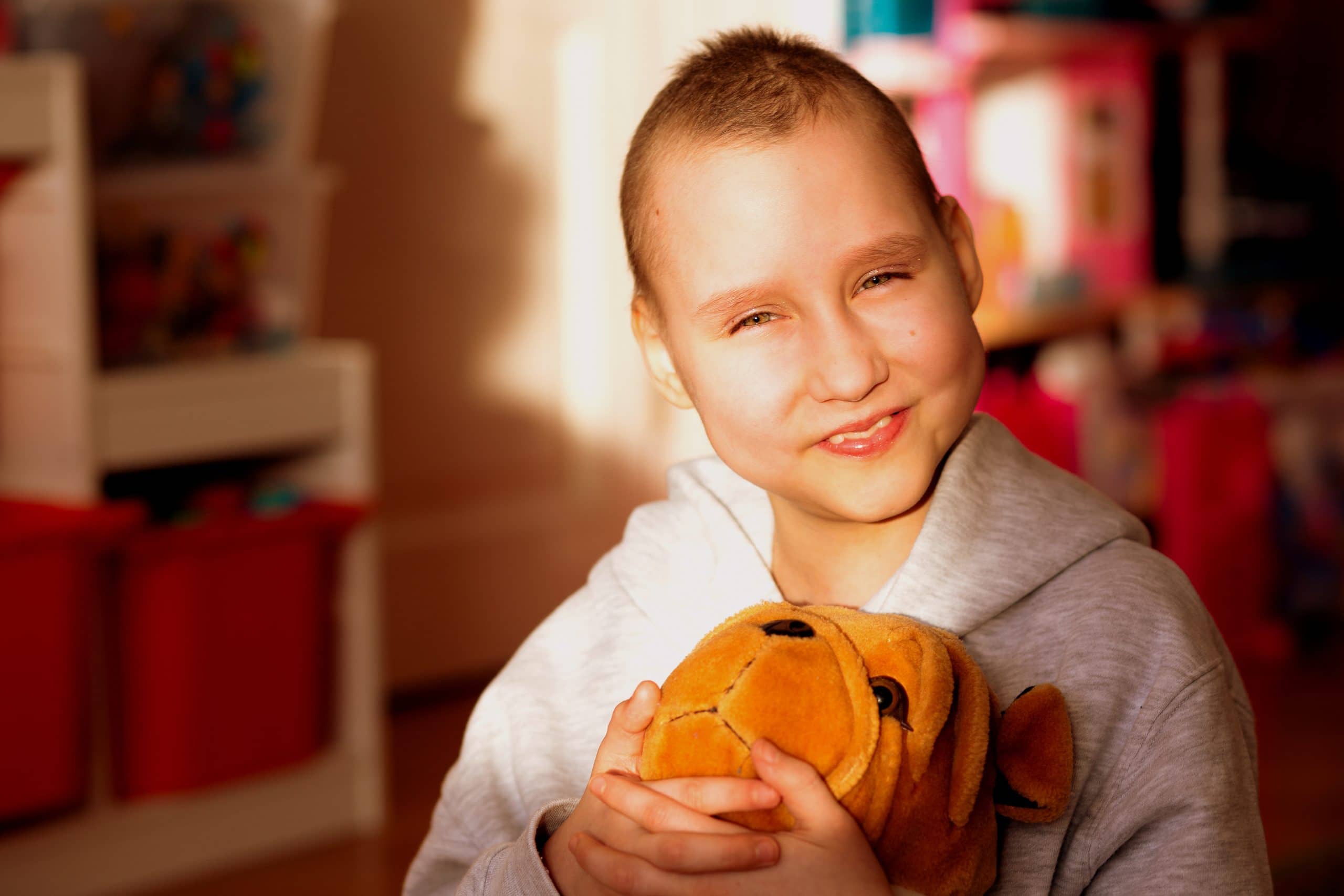How to talk to children about their disease
Professionals from different countries, referring to their own experience, state that children will consciously undergo treatment if they know the truth about what is happening to them. Paradoxically, on realizing the nature of their condition, children become less worried. Uncertainty raises even greater worries. And once you face your fears, they start to weaken.
Talking is necessary. But how to do it right?
Explains the psychologist Mariana Nych.
NOTHING ELSE BUT THE CIRCUMSTANCES ARE TO BLAME
We, adults, often underestimate our children, considering them weak and naive. However, they are stronger and wiser than adults are. Seeing that something incomprehensible and unpleasant is happening to parents, children project it onto themselves, concluding that it is happening because of them. Guessing or accidentally learning about the illness can cause a child's sense of guilt to grow, "I got sick because I did something wrong. My mother is always crying and not talking. I am hurting her."
That is why it is crucial to tell the children diagnosed with cancer that it is not their fault. And it has nothing to do with their “bad” behavior. It was a failure on the cellular level in their bodies that caused the disease. The circumstances are to blame, not anything else.
Sometimes parents’ words are not enough. “They are just calming me down,” children think and keep blaming themselves. In such a case, we, psychologists, can help. Without understanding this disease, it would be hard to undergo treatment and, more importantly, to be cured.
WHO SHOULD START THE CONVERSATION
If parents feel ready to talk to their children about the disease, they can start the conversation independently. Parents must know how to answer specific questions about the disease. A doctor will help and explain to a child everything he or she wants in simple words.
A psychologist will help figure everything out by explaining the doctor’s information that’s unclear and answering numerous questions that arise in such a situation.
HOW AND WHAT TO SAY DEPENDING ON THE AGE
From 2 to 7 years old
Talking to very young children can be done in simple language with the help of fairytales and picture books such as "Robbie’s Radio." It is a color book about a kind and strong character called Robbie, who fights against evil cancer cells.
“How Martha Got Leukemia” is another book that can help parents who don't know how to tell a child that he or she is ill. It was written by the parents whose children had experienced all stages of treatment and had overcome the disease. Adults are often afraid to read it, while children aren’t. Martha’s story reflects their own and makes it easier for children to accept their situation. For them, Martha is a strong and brave friend, from whose example they want to follow, “If she could do it, then I can!”
IT IS ALLOWED TO CRY!
When we feel very sad or even in pain, we cry or scream. It naturally helps handle physical and mental suffering. No one can forbid children who have cancer to express their emotions. “Don’t cry!”, “Bear the pain,” “It doesn’t hurt,” all these statements do not work and, to make things worse, they harm by adding emotional suffering to physical pain.
12 and older
When telling a child that he or she is ill, it is necessary to prepare for an honest conversation. It is no longer enough for the child to hear that everything will be fine. Even the first conversation requires the participation of a doctor who can convince a teenager that cancer cannot be easily “caught”, and, with rare exceptions, the disease does not depend on external factors.
It is essential to take into account how psychologically peculiar communication with a seriously ill child is. And before going to the doctor for an explanation, parents should tell the specialist what the child already knows and what he or she does not. It is unacceptable to disclose all the details at once. Each step requires a separate conversation, which needs both parents and doctors to be ready for it.
17-18 years old
Older teenagers are well aware that cancer is a life-threatening disease. Thanks to Google, they know a lot about their disease, and sometimes they can’t distinguish facts from fakes. That is why it is so important for the conversation with them to be not only honest and open but also competent.
Grown-up children ask us straightforward questions and need straightforward answers. It is difficult for parents to maintain the required level of openness, so they get help from psychologists. Children do not always hear what we mean to say. It is vital to identify these misunderstandings and explain everything. And only a professional could do that without harming the child.
Our Winners’ Camp has been created to show that cancer can be cured and that most children overcome the disease. Besides, it’s an opportunity to talk to those who understand you about something you will never ask any adult, no matter how wise they may be.



